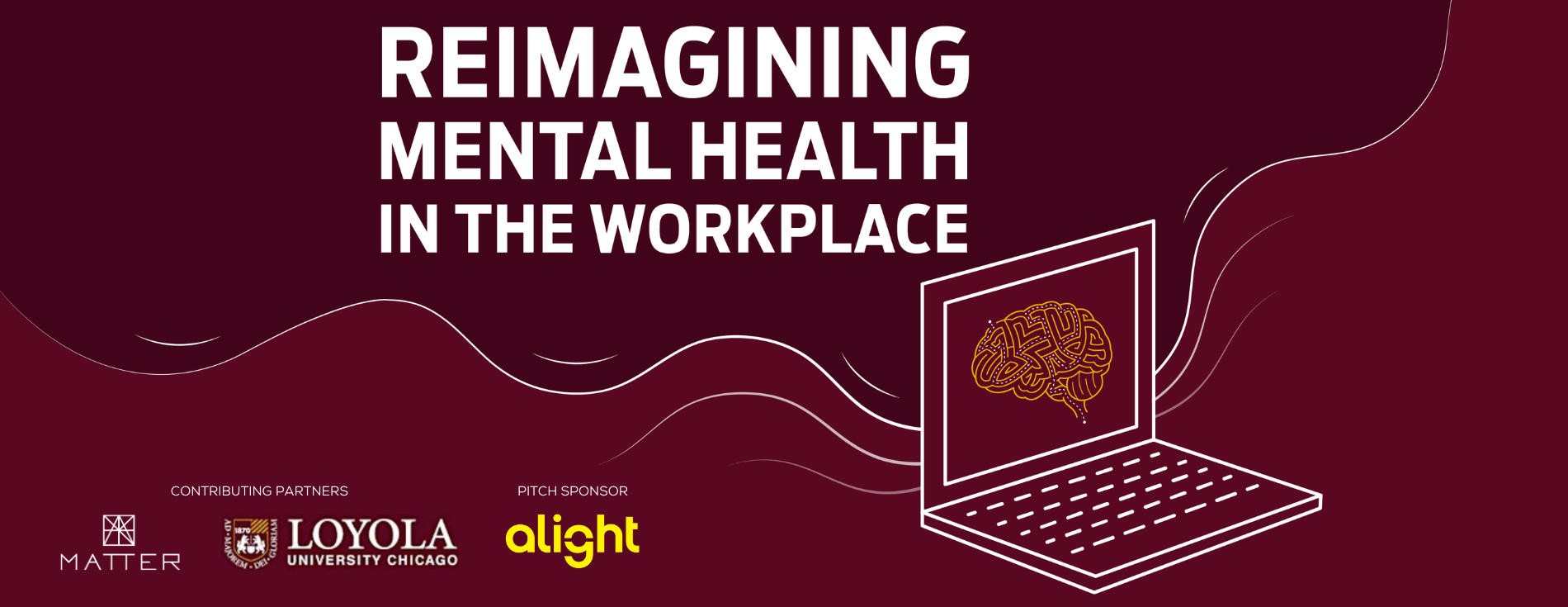
Health Equity Quest 2024
2024 Loyola Chicago Health Equity Quest
Mental Health Innovations for Early Career Professionals
Live Pitch: November 14
The mental health of early career professionals is a critical issue that significantly impacts individual well-being and overall organizational productivity. These emerging professionals, often at a pivotal stage in their lives, face unique challenges, such as high stress, workplace pressure and the transition from academic to professional environments. Making this transition even more daunting is the inequitable access to mental health support with disparities based on socioeconomic status, race, gender and other factors.
On November 14, join us either in-person at MATTER or virtually to hear pitches from the finalists who will pitch to a panel of industry leaders for a chance to win cash prizes.
To read more about the six finalists for this year's Final Pitch, click here.
At the end of the event, Loyola University Chicago and MATTER will announce the judges’ pick for the winner.
Following the program, there will be a reception with light appetizers and beverages.
Agenda (CT):
8:30 am | Welcome and opening comments
9:20 am | Startup Pitches
11:30 am | Lunch
12:30 pm | Panel discussion
1:30 pm | Presentation of winners + wrap up
2:00 pm | Networking (only for in person attendees)
4:00 pm | Event concludes
Timeline
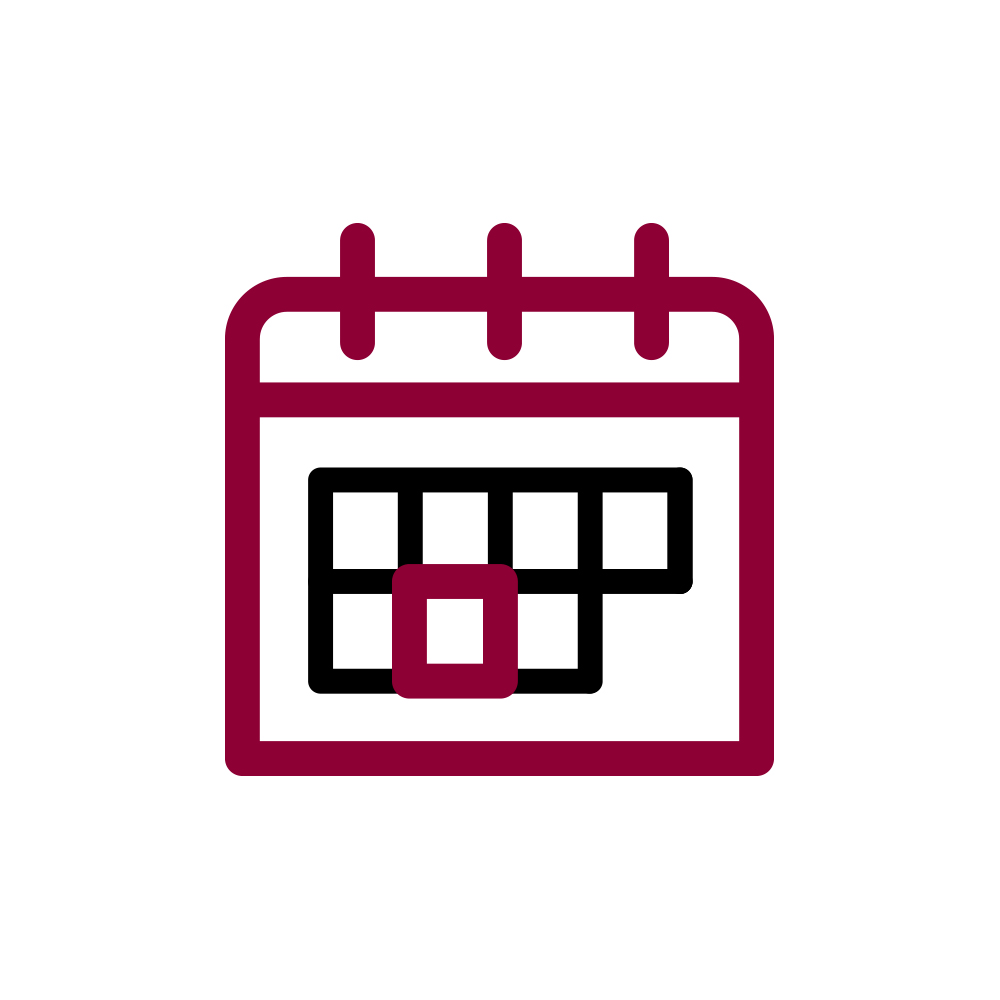
August 7 - September 27, 2024
Application Period
Apply with a detailed description of your proposed solution.
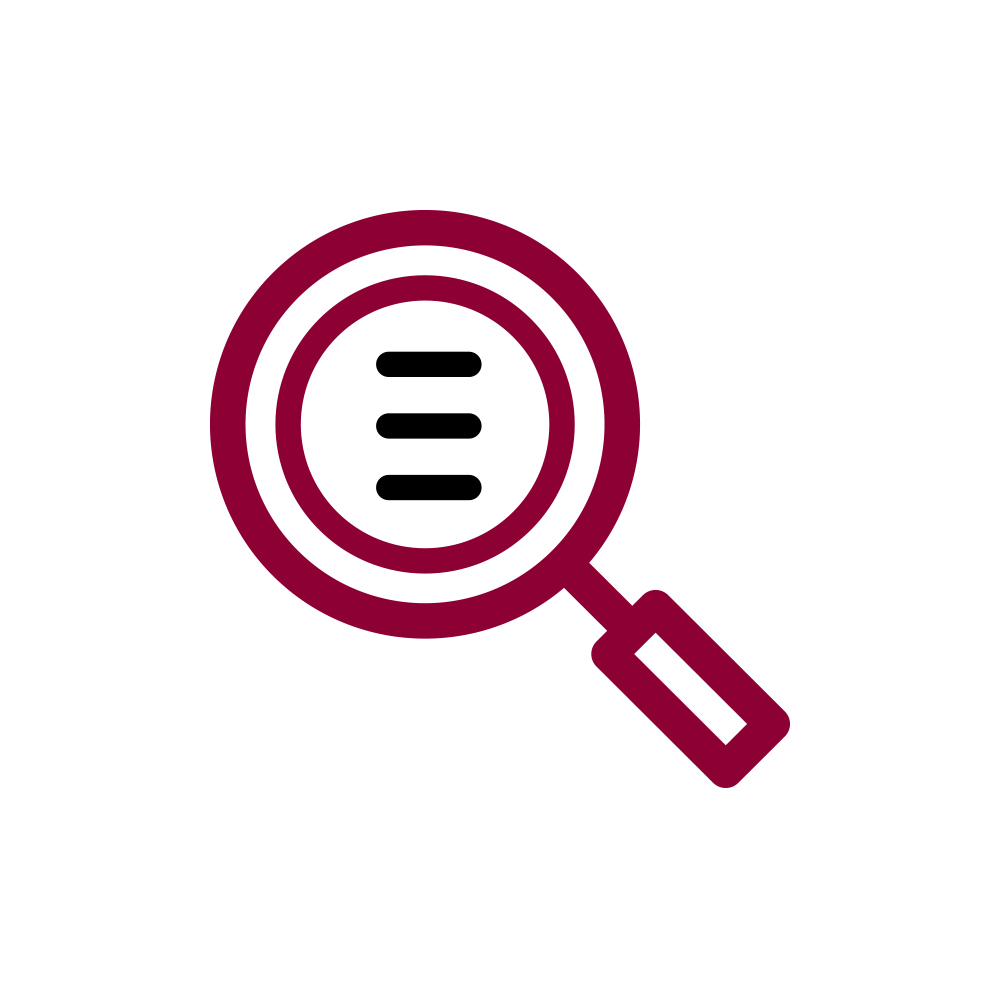
October 18, 2024
Finalist Selection
Up to 10 teams will be selected to participate.
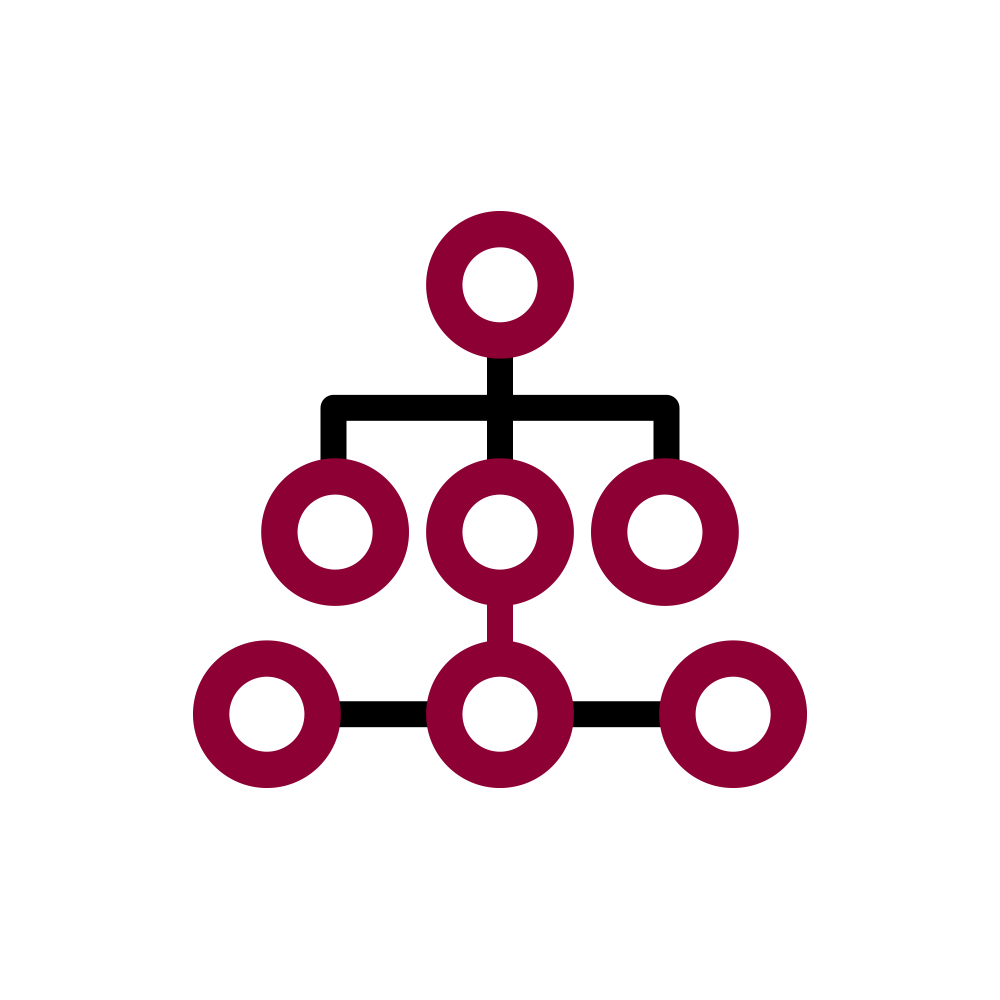
October 20 - November 13, 2024
Sprint
Finalists will meet with Loyola University Chicago and MATTER teams and mentors to hone in on their value proposition, work to advance their solution and prep for the Live Pitch event.
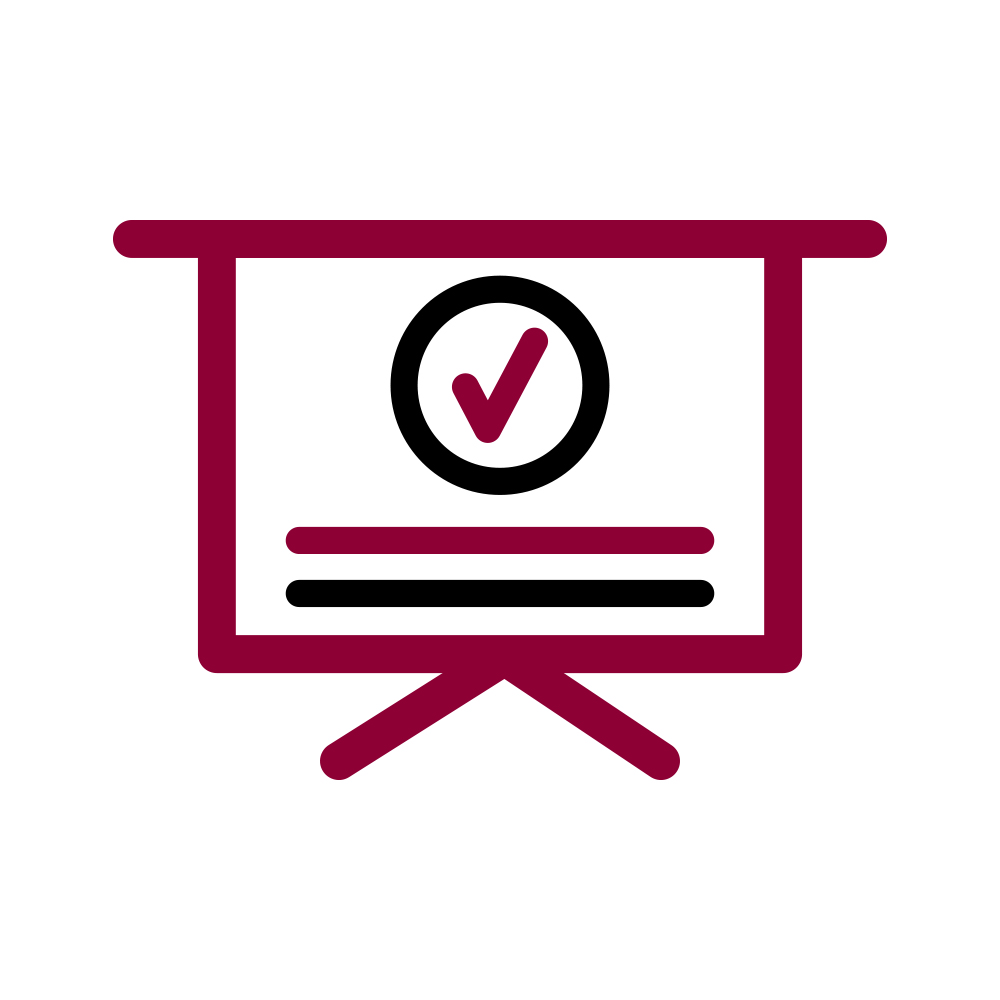
November 14, 2024
Live Pitch
Teams will pitch live to the public including corporate organizations, investors and more.
Contributing Partners
Pitch Sponsor
COLLABORATORS
We are grateful for the following collaborators:
Parkinson School of Health Sciences and Public Health
Loyola University Baumhart Center for Social Enterprise and Responsibility
Loyola University Chicago Career Services
Loyola University Chicago Institute for Racial Justice
Loyola University Chicago Marcella Niehoff School of Nursing
Loyola University Chicago School of Communication
Loyola University Chicago School of Social Work
Loyola University Chicago Wellness Center
The Health Care Council of Chicago (HC3)
We are grateful for the following collaborators:
Parkinson School of Health Sciences and Public Health
Loyola University Baumhart Center for Social Enterprise and Responsibility
Loyola University Chicago Career Services
Loyola University Chicago Institute for Racial Justice
Loyola University Chicago Marcella Niehoff School of Nursing
Loyola University Chicago School of Communication
Loyola University Chicago School of Social Work
Loyola University Chicago Wellness Center
The Health Care Council of Chicago (HC3)



